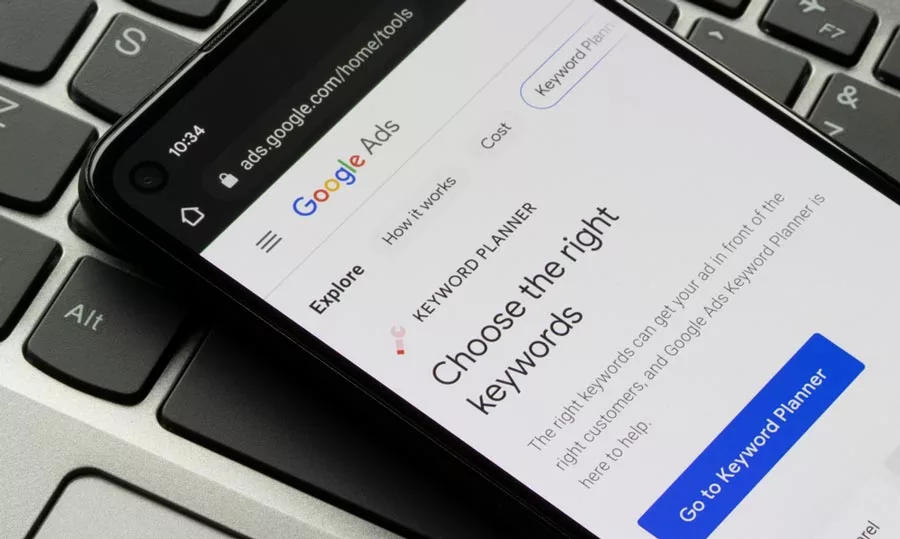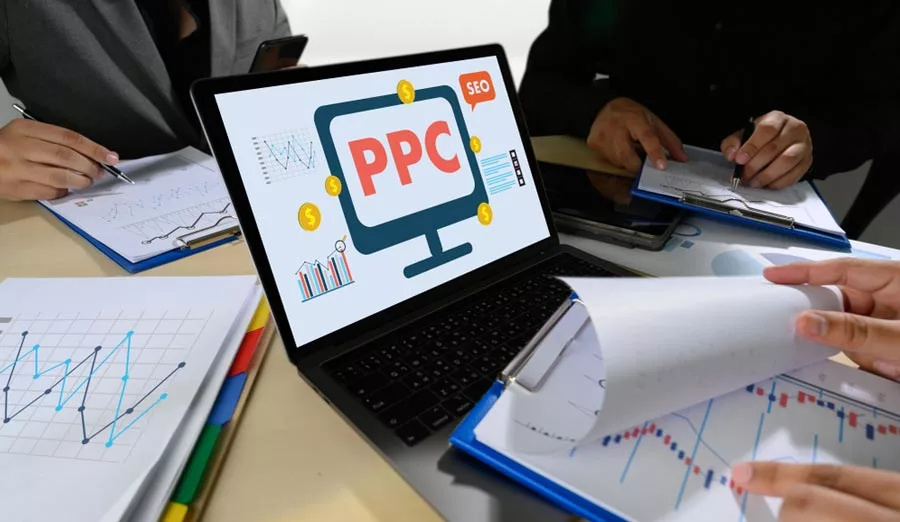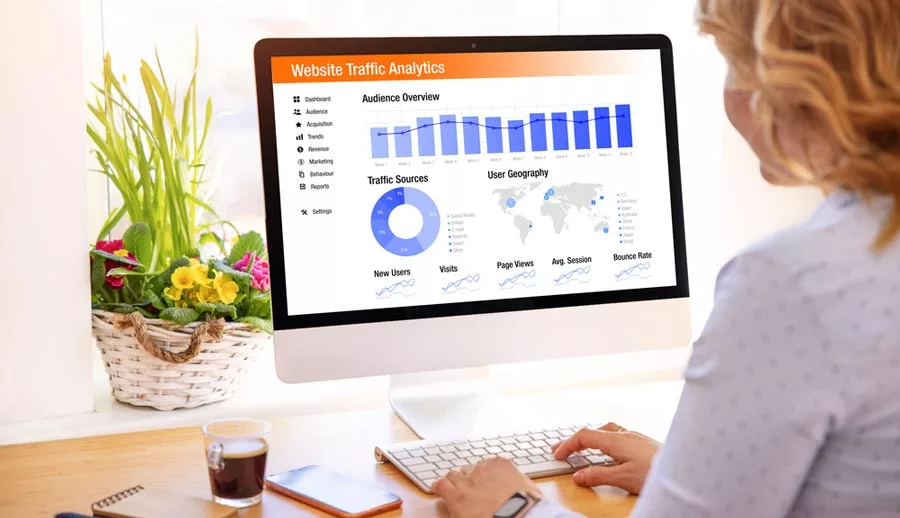A Guide to Getting the Most Out of Your Rehab Advertising
Google Ads has begun playing ball with addiction treatment centers again. But the truth is, Google Ads is probably the territory your substance abuse facility still must tread the most carefully within.
Addiction treatment ads on the Google platform wouldn’t be such a big deal – if they weren’t so critical. Even for those not directly associated with rehab centers and their advertising programs, it doesn’t take much to put two and two together and realize just how many clients the right Google Search advertisement can bring.
This is especially true when you consider the fact that an overwhelming majority of substance abuse treatment center clients rely on Google to find the appropriate drug rehab. So, why did Google put the initial restrictions on treatment centers, to begin with?
More importantly, now that there’s more leniency, what can you do to get the most out of Google Ads addiction treatment campaigns?
Google Ads: What You Need to Know When Marketing Addiction Services

Google Ads is one of the largest platforms for PPC advertising, and if used correctly, can provide an absolute wealth of referrals and help connect clients to the drug and alcohol rehabs they so desperately need. Whenever a platform this large exists that potentially yields seemingly never-ending profits, it’s going to draw the good and the bad.
The not-so-savory advertisers using underhanded tactics to make a quick buck tend to make it difficult for reputable companies. Even the most by-the-book organizations can have a difficult time remaining in compliance. But for the drug and alcohol addiction space, Google Adwords created a different animal.
Google’s Restrictions for Drug Treatment Facilities
In 2017, the opioid epidemic paved the way for all sorts of opportunities, good and bad, in the addiction treatment space. On the upside, the development of cutting-edge alcohol addiction and drug abuse solutions came in the form of dual diagnosis and holistic treatment centers.
Groundbreaking mental health and substance abuse treatment options created new ways for users to experience effective recovery. However, the opioid crisis also brought out some of the more unsavory characters in the industry, leading to scammers and fly-by-night agencies using Google as a medium for baiting users who were seeking genuine help for their challenges.
Google needed a way to ensure that any advertiser using Google Ads was legitimate and conducting business professionally.
LegitScript Certification
LegitScript is Google’s answer to drug treatment facilities seeking to place advertisements on the famous search engine. So what does processing and monitoring applicants entail during the LegitScript certification? The following rules outline some of the criteria outlined for those looking to advertise support groups, alcohol abuse therapy, or any other elements of rehab inside Google Adwords.
- No referral-based or lead-generation services
- You must provide an on-site, sober living facility that delivers inpatient and outpatient solutions for clients.
- You must include all details regarding the past of your in-person facilities.
- Any past litigation or challenges must be listed.
Essentially, LegitScript ensures that only legitimate, accredited, and fully-insured organizations are posting on the Google platform and receiving ad impressions, clicks, and leads.
Now that you’re aware of the background of Google and what it takes to request certification for this ad platform, we can go into how to deploy successful campaigns.
Successfully Starting a Google PPC Campaign

With Google advertising or any PPC for that matter, gaining the upper hand means making continuous improvements to your campaigns. What do we mean by this?
You must constantly test new long-tail keywords and continuously perfect what’s known as your customer avatar.
Creating the Ideal Client
With a PPC search, your success is directly based on choosing the right keywords based on their search and traffic numbers. Because Google searches are full of intent (meaning the goal the user is looking to accomplish is specific and direct) you can narrow down your keyword options.
Instead of choosing broader, more expansive keywords with hundreds of thousands of results – go for lower-hanging fruit. You may experience a lower number of clicks, but the clicks you do receive will have far greater value as they’re more optimized and intent-based.
Creating a client model gives you an idea of what your ideal client might search for. Many successful business models start by creating a customer avatar first – addiction treatment is no different.
You must know your audience and the search terms you think they have the highest chance of selecting. It can help to think of how families search for help for a loved one as well, and not just from the standpoint of a potential new client themselves.
For example, instead of bidding on a keyword like,
“drug rehab”
try something like:
“drug rehab for heroin addiction”
or
“drug rehab with holistic treatment”
“dual diagnosis drug rehab treatment”
When you niche down as much as possible, you’re focusing on a targeted audience that has a much higher chance of contacting you for more information, and ultimately, enrolling.
Optimizing Your Campaign

Optimizing your campaign means creating, testing, selecting, and scaling. After designing a set number of creatives and ad sets, you must test and judge which is performing the best.
Looking at things like impressions, clickthrough rate, and other dynamics will help you get an idea of which ads to keep for scaling and which ads to cut. Your PPC campaigns will (and should) be in a state of continuous improvement.
Your landing pages also play a significant role. Your first move might be to link your ad to a page that offers a number for a client to call for enrolling without much additional context. And while you want clients to be able to contact you, it often takes far more information for someone to make a decision.
Linking to landing pages that include stories that clients can relate to can be extremely effective. If someone clicks your ad that links to a story about an overdose, it might potentially trigger a feeling that resonates with them – maybe they lost a friend to overdose, or have overdosed themselves. This could be the push they need to finally get help.
Let Ads Up Marketing Help Optimize Your Google Ads Experience
At Ads Up Marketing, we’re experts on Google and other PPC marketing. We can help ensure that you remain in compliance, in addition to placing the right copy and landing pages in place to get the most out of your Google campaigns.
For more information, contact us today, and let’s hop on a call to discuss crafting your winning strategy!
